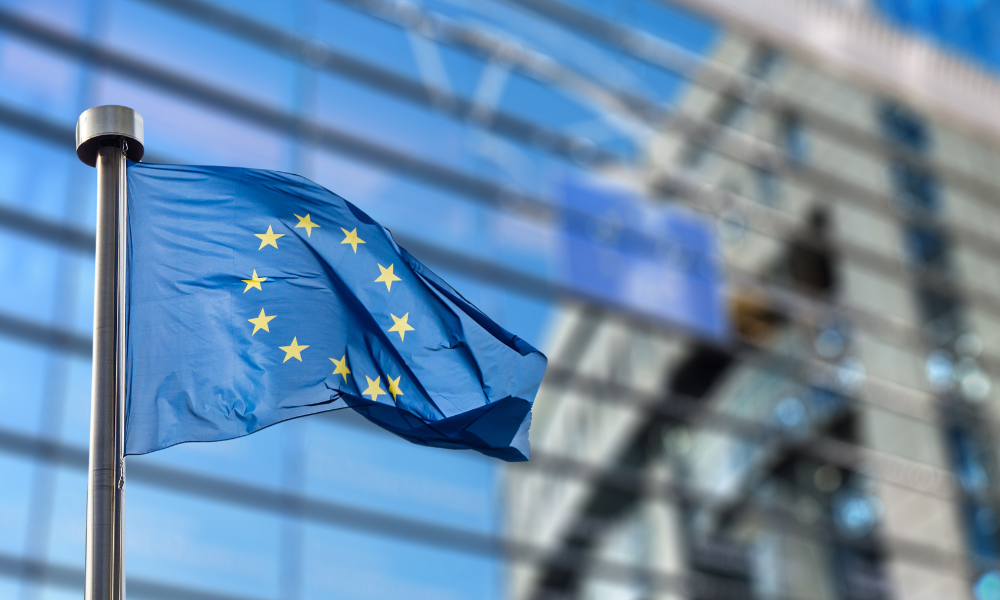
Four key areas covered: justice, anti-corruption, media freedom, institutional checks and balances

The European Commission has released its sixth annual rule of law report in the context of a global environment where various factors are increasingly applying pressure on democratic systems and respect for fundamental rights.
In its press release, the commission said this year’s report discussed rule of law developments in four key areas over the last year: justice systems, anti-corruption frameworks, media freedom and pluralism, and institutional checks and balances.
The 2025 report covered 27 member states and included four country chapters focusing on Albania, Montenegro, North Macedonia, and Serbia.
The commission noted that the annual report seeks to stress the importance of the rule of law for Europe’s democracy, security, and economy and help the European Union (EU) take concrete steps to promote and defend it within the continent and around the world.
According to the commission’s press release, upholding the rule of law is necessary to enforce policies promoting competitiveness via the single market and encouraging citizens to be active in society and the economy.
The commission’s press release emphasized how respecting the rule of law is essential for maintaining a stable and predictable economic landscape for the benefit of businesses with cross-border operations and small and medium-sized enterprises.
The 2025 report revealed that many member states have fully or partially addressed numerous recommendations from last year’s report and seen progress in significant reforms across the four key areas.
However, the report noted the persistence of certain challenges and serious concerns among some member states.
The rule of law report stated that many member states have advanced justice reforms, measures for improving judiciary councils’ independence, and safeguards governing judicial appointments, prosecutorial autonomy, and the quality and efficiency of justice systems.
However, according to the report, many members have suffered from strained resources for justice systems. The report added that, while the enlargement countries have kept up their efforts to implement judicial reforms, improve accountability, and enhance efficiency, they have also encountered undue influence and threats against judicial independence.
This year’s report revealed several member states have developed anti-corruption strategies and improved their institutional capacity by adding resources for law enforcement, prosecution services, and the judiciary.
However, the report noted the need for further steps to strengthen the preventive frameworks governing lobbying and conflicts of interest and promote the effective investigation and prosecution of corruption cases.
According to the report, the enlargement countries saw stronger and more resilient legal and institutional frameworks, but needed improvements in the investigation, prosecution, and adjudication of corruption cases.
The annual report showed that member states have seen reforms to align national laws with the new rules under the European Media Freedom Act, improve the independent functioning and financing of public service media, and promote fairness and transparency in terms of state advertising allocation.
However, the report said member states should tackle concerns on journalists’ safety, enhance the safeguards for the independence of media regulators and public service media, and further improve fairness and transparency in allocating state advertising.
For the enlargement countries, the report identified concerns in connection with the politicization of media regulators, the financial sustainability of public broadcasters, and the appointment of broadcasters’ leaders.
The 2025 report found that numerous member states have seen reforms to enhance checks and balances by improving the quality of legislation and stakeholder engagement in the legislative process.
However, the report noted unstable, swiftly shifting laws resulting in uncertainty and challenges regarding funding or registration requirements. The report shared that the civil society organizations in some member states have encountered excessive financial restrictions or insufficient safeguards.
In the enlargement countries, the report identified obstacles regarding legislative processes, public consultations, and the systematic follow-up to recommendations of ombudsperson institutions and other independent bodies.